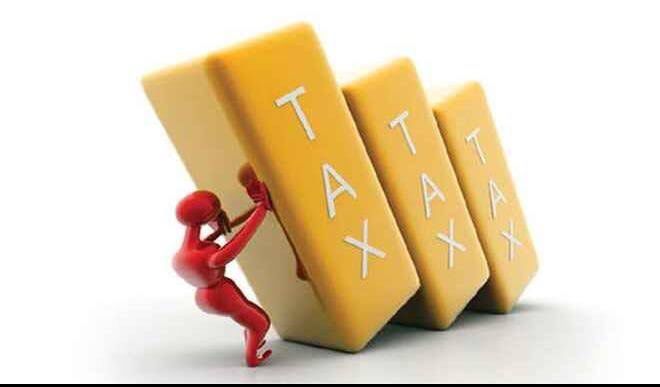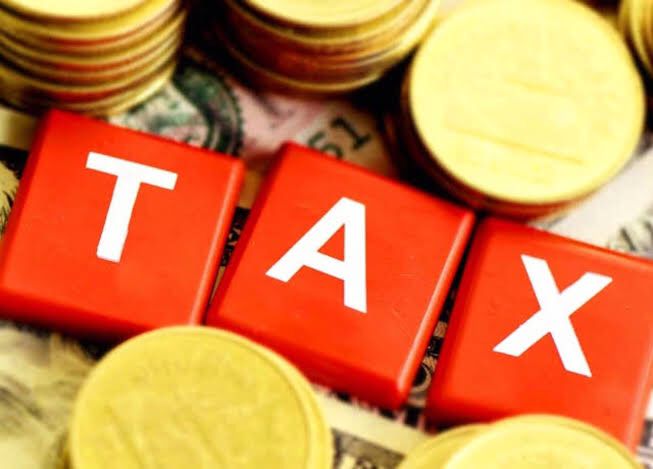In a move to boost investments and increase oil production, the federal government recently announced the elimination of the signature bonus requirement for oil block bidding.
During the 2024 Offshore Technology Conference (OTC) in Houston, Texas, Minister of State for Petroleum Resources (Oil), Mr. Heineken Lokpobiri revealed the decision to remove the signature bonus requirement, which had been cited as a significant obstacle for investors and investments in the sector.

The payment of a signature bonus is a one-time payment made by oil companies to the government upfront for the rights to commercially develop an oil block after successfully winning the bidding process.
The removal of the signature bonus has drawn both support and criticism. While some believe it will encourage more investments and boost oil production to take advantage of the favorable international crude oil prices, others are concerned about the potential revenue loss to the federation account.

In a separate development, the introduction of new taxes by President Bola Tinubu’s administration has faced backlash from Nigerians already grappling with high living costs. A 0.5% levy on certain electronic transactions imposed by the Central Bank of Nigeria (CBN) for cybersecurity purposes has been temporarily suspended following public outcry and calls for a review.
The increasing economic reforms, including hikes in electricity tariffs and changes in customs duty exchange rates, have exacerbated inflationary pressures and raised concerns among citizens. Additionally, the government is reportedly considering reintroducing suspended telecom taxes and other fiscal policies to secure a new loan from the World Bank.
Amidst these developments, experts have highlighted the need to strike a balance between attracting investments, boosting revenue, and ensuring the welfare of citizens. The debate continues on the impact of these policy changes on the economy and the everyday lives of Nigerians.
From: Amadi Vincent

































